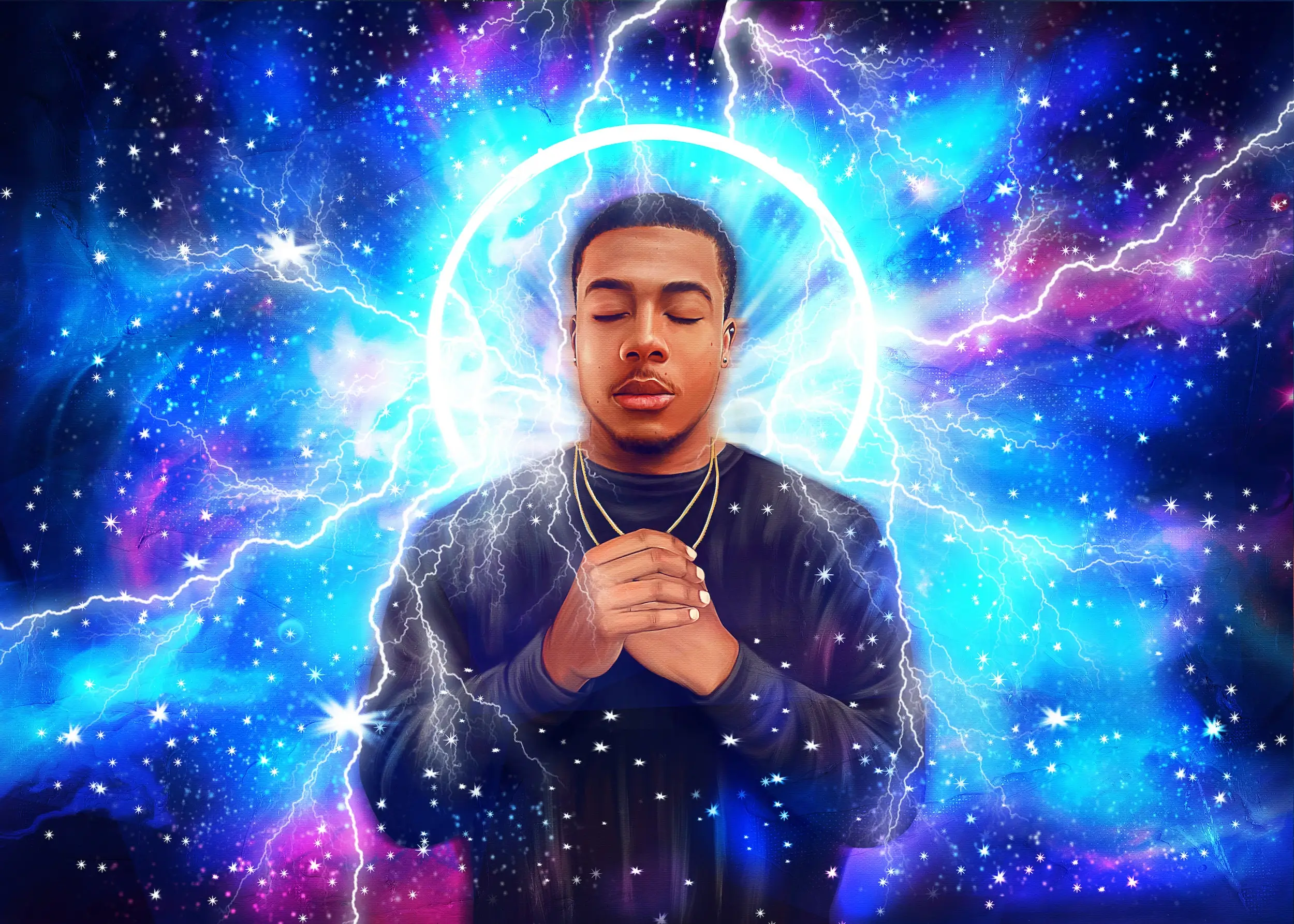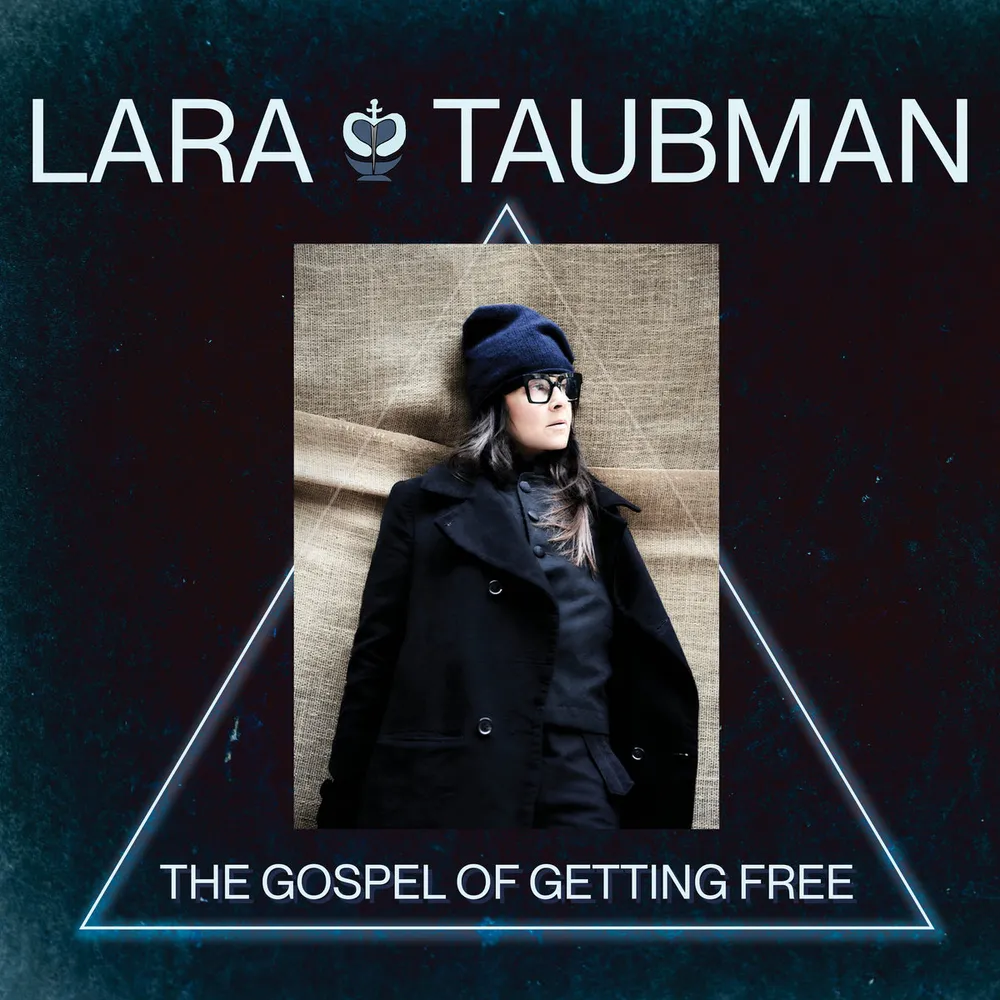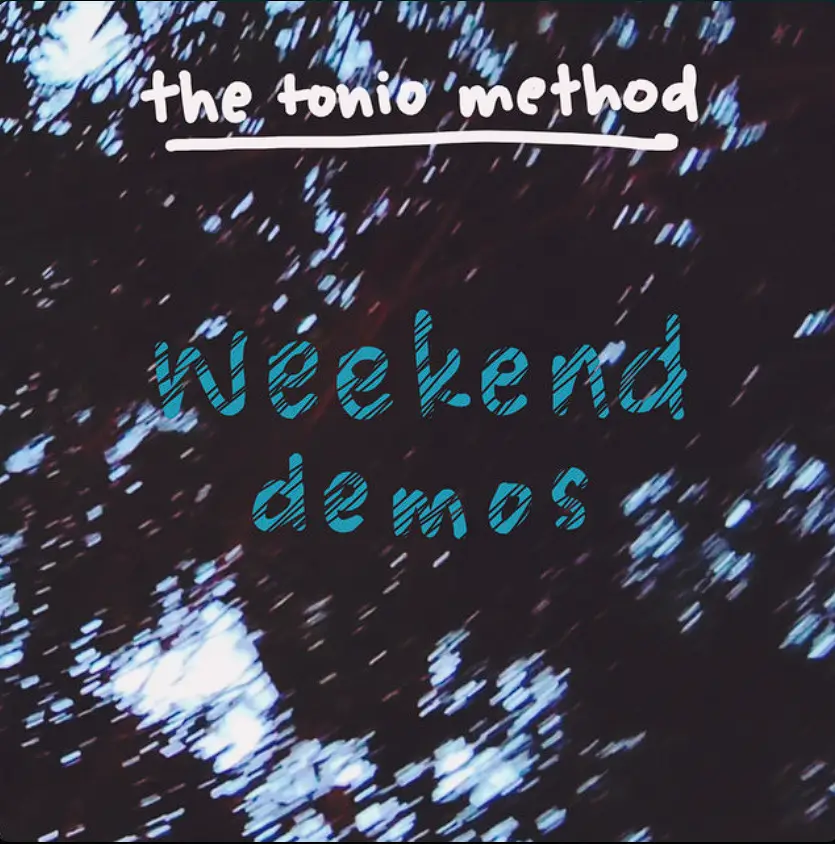Every once in a while, an electronic album arrives that isn’t desperately trying to become the soundtrack to someone’s gym montage or the background noise for a TikTok recipe or whatever passes for emotional catharsis in the algorithmic age. Jeppediinho’s Games of Life; a title that sounds like it should come with a glowing “Press A to Begin” prompt is one of those rare exceptions. It doesn’t posture. It doesn’t grovel. It certainly doesn’t pretend it’s about to write the next “Levels” and singlehandedly solve Sweden’s population crisis. Instead, the album leans into something electronic music quietly forgot it was allowed to have: sincerity.
Jesper Holmgren, the man behind the name and its frankly delightful vowel chaos, arrives holding hands with the ghosts of 2010s EDM from the dearly missed Avicii, early Tiësto, Above & Beyond, Calvin Harris before he transformed into a franchise rather than a producer. But what’s refreshing is how openly Games of Life embraces these influences. There’s no false mythology about inventing melodic house from scratch in a basement full of synths and Monster Energy cans. Holmgren grew up in a Stockholm household blasting hard rock, only to discover the golden era of house music at age ten like other children discover religion. He fell in love, got over a childhood sensitivity to sound (sidenote: imagine being an aspiring EDM producer who finds noise physically overwhelming), learned Ableton at nineteen, and started treating melody like a language for emotions he couldn’t articulate.

Even the name “Jeppediinho” feels like an autobiographical shitpost as it was inspired equally by Ronaldinho and a stint in professional FIFA esports. It tells you something crucial: the goal is fun. Not prestige. Not genre revolution. Just joy. And the album delivers on that promise, with a sincerity that sneaks up on you.
The early tracks set the tone. “Feels So Good” opens with the kind of earnest, melodic optimism EDM critics pretend they’ve outgrown; sunlit synth plucks, bright energy, and the emotional equivalent of stepping outside after weeks of feeling like the sun was judging you. “Lost in My Mind” brings Above & Beyond’s commercial-phase DNA to the surface, spiraling upward instead of sinking inward, its drop hitting like an exhale you didn’t realize you were holding. “What’s Your Mentality?” goes full One Love-era Guetta: maximalist, motivational, and about as subtle as a loading screen trying to psych you up for ranked.
And then, midway through the record, Jeppediinho pulls out the genre-spotting bingo card and slams it onto the table. “Illusion” flashes that high-definition, Kaleidoscope-era Tiësto glow; the era when Tiësto stopped pretending to be a trance purist and embraced being a flying rainbow. “The Wrong Time” shifts confidently into pure One Love Guetta gloss. “Find Myself” channels Avicii’s debut-era ballads; something between “You Make Me” and “Hey Brother”, but without the obligatory sugar-rush drop. Instead of exploding outward, it leans inward, more reflective than triumphant. “I’m Unbreakable” plunges back into the icy, club-focused sound of pre-Kaleidoscope Tiësto, all steely synths and grim determination. “Coming Back” borrows the bright, punchy pop-house of Ready for the Weekend-era Calvin Harris. “Real Love” goes full Kygo but sturdier, less floaty; tropical house with an actual backbone.
The album’s closing arc widens the palette again. “We Are The Winners” resurrects the cinematic sparkle of Tiësto’s most kaleidoscopic tendencies. “The Power Inside” plays like the Haddaway deep cut we deserved but never got, like the alternate universe where “What Is Love” wasn’t his one shining moment but the prelude to a career in motivational eurodance epics. And “The Raven” is the moody deadmau5 slow burner: atmospheric, brooding, percussive in ways Joel Zimmerman would consider “a bit much.” It’s a shadowed, meditative piece, and it closes the record with a reminder that Jeppediinho’s real skill isn’t imitation; it’s translation.
What ties Games of Life together, and what keeps it from collapsing into mere nostalgia tourism, is the insistence that melody comes first. The album cares about emotional arc more than drop design. The production is clean but not plastic, dynamic rather than brick-walled. Synths swell and recede; drums strike with intent rather than brute-force volume. It’s polished, but not polished into oblivion.
If there’s one criticism, it’s that the album sometimes leans too comfortably on the scaffolding of its inspirations. If you lived through the EDM boom, you might predict where a melody is going a few beats early. But that says more about the familiarity of the language than any lack of originality. Anyone can follow a formula. Very few can make that formula feel alive again.
By the time the last note of “The Raven” fades out, Games of Life doesn’t feel like an EDM album so much as a diary written in synths; an attempt to make sense of the emotional messiness of being human using the musical grammar that shaped the artist. It’s honest, earnest, nostalgic without being derivative, emotional without melodrama, bright without being blinding. Simply put, he makes music with a heart.
Follow Jeppediinho
About the Author

A tenured media critic known working as a ghost writer, freelance critic for various publications around the world, the former lead writer of review blogspace Atop The Treehouse and content creator for Manila Bulletin.










